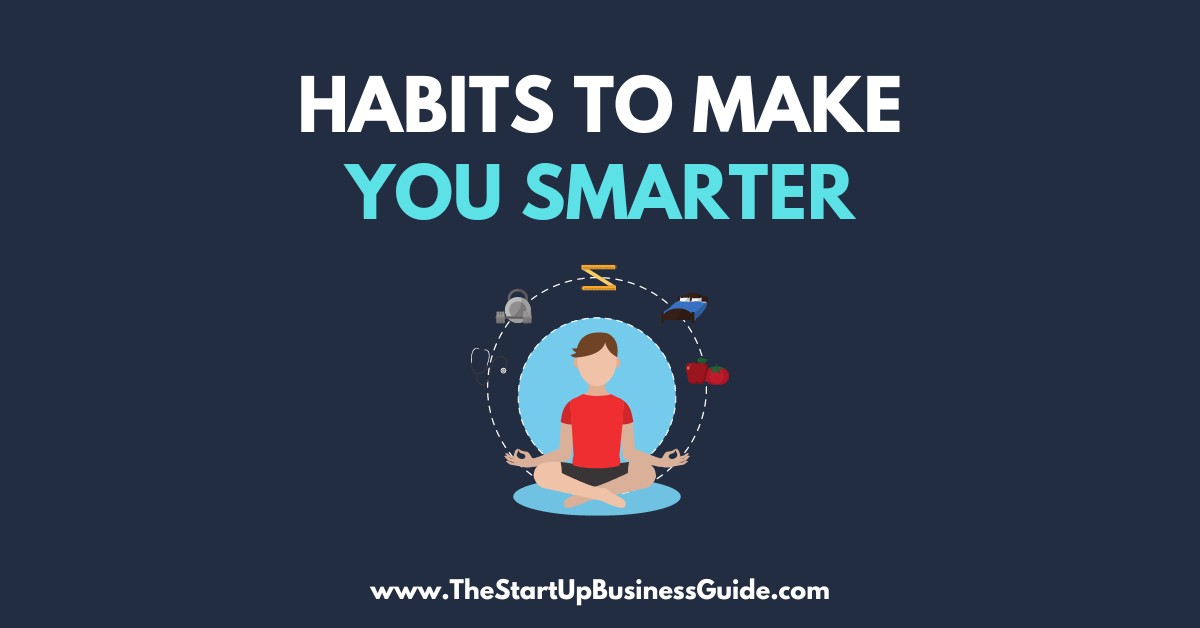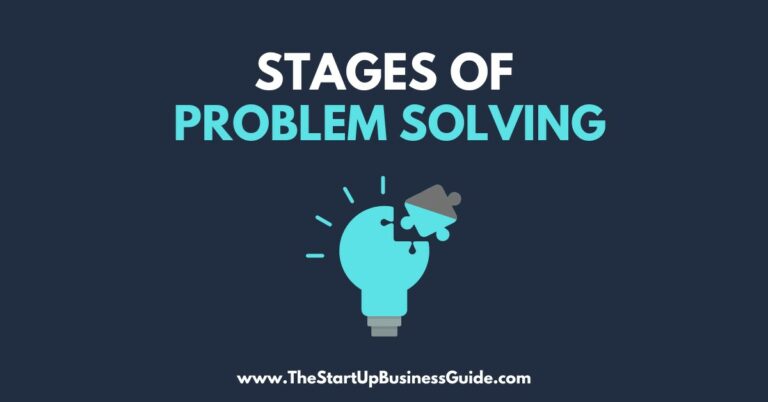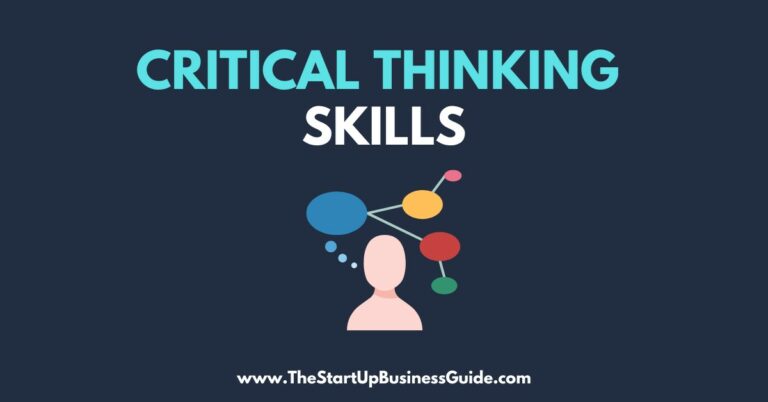12 Habits That Make You Smarter Every Day

We all know that our daily habits have a big impact on our personal development and overall well-being.
That’s why we’ve put together this list of 12 habits that can help you boost your brainpower and improve your cognitive function.
Habit #1: Reading
Reading is one of the best ways to improve your cognitive function and expand your knowledge.
Studies have shown that reading can improve memory, concentration, and critical thinking skills.
It can also reduce stress and improve mental clarity.
To incorporate reading into your daily routine, try setting aside dedicated reading time each day or creating a reading list of books you want to read.
You can also try reading different types of materials like newspapers, magazines, and online articles.
Habit #2: Exercise
Physical activity is not only good for our physical health, but it also has many benefits for our brain health and cognitive function.
Regular exercise can improve memory, concentration, and overall brain function. It can also reduce the risk of cognitive decline and dementia.
To make exercise a regular habit, try to find an activity you enjoy and make it a part of your daily routine.
This can be anything from going for a walk, running, yoga, or swimming.
Habit #3: Learning a new skill
Learning a new skill challenges our brain and improves cognitive function.
It can also be a fun and rewarding experience. Ideas for learning a new skill include taking a class, learning a musical instrument, or picking up a new hobby.
This can also be something simple like cooking a new dish or learning a new language.
Habit #4: Solving puzzles and brainteasers
Puzzles and brainteasers are great for improving problem-solving and critical thinking skills.
They can also be a fun way to pass the time. Examples of different types of puzzles and brainteasers include crossword puzzles, Sudoku, and logic puzzles.
Incorporating these into your daily routine can be as simple as setting aside a few minutes each day to work on a puzzle or brainteaser.
Habit #5: Practicing mindfulness
Mindfulness is the practice of being present and aware in the moment.
It can improve focus and mental clarity, reduce stress, and improve overall well-being.
To incorporate mindfulness into your daily routine, try meditation, journaling, or simply taking a few minutes each day to focus on your breath and be present in the moment.
Habit #6: Keeping a journal
Journaling has many benefits for mental health and personal growth.
It can help you process your thoughts and feelings, improve self-awareness, and reduce stress.
To get started with journaling, try setting aside a few minutes each day to write down your thoughts and feelings.
You can also try different types of journaling such as a gratitude journal or daily reflection journal.
Habit #7: Surrounding yourself with positive people
The people we surround ourselves with have a big impact on our mental health and well-being.
Positive relationships and social support can improve our mood, reduce stress, and improve overall well-being.
To surround yourself with positive people, try to build positive relationships, find a support system, or join a group or club that aligns with your interests.
Habit #8: Getting enough sleep
Getting enough sleep is essential for cognitive function and overall health. It can improve memory, concentration, and overall brain function.
To improve your sleep hygiene, try to establish a regular sleep schedule, avoid electronics before bed, and create a relaxing sleep environment.
Habit #9: Eating a healthy diet
Eating a healthy diet is important for our overall health and well-being, including our brain health.
Studies have shown that a diet rich in fruits, vegetables, and omega-3 fatty acids can help improve cognitive function and reduce the risk of cognitive decline.
To incorporate a healthy diet into your daily routine, try to eat a variety of nutrient-rich foods, limit processed and high-fat foods, and aim for a balanced diet.
Some healthy meal ideas include a salad with a variety of greens and vegetables, a stir-fry with lean protein and mixed vegetables, or a smoothie with fruits and veggies.
Habit #10: Managing stress
Stress can have a negative impact on cognitive function and mental health.
To manage stress, try practicing relaxation techniques such as deep breathing, yoga, or meditation.
Engaging in hobbies such as drawing, knitting or playing an instrument can also help.
Habit #11: Continuing education
Lifelong learning is important for keeping our brain active and improving cognitive function.
To incorporate continuing education into your daily routine, try taking a class, attending workshops, or taking online courses.
Even small things like reading a new article or watching a TED talk can be a form of continuing education.
Habit #12: Keeping a positive attitude
A positive attitude can have a big impact on our mental health and well-being.
It can help us cope with stress and improve our overall mood.
To cultivate a positive mindset, try practicing gratitude, reframing negative thoughts, or finding the silver lining in difficult situations.
Conclusion
In conclusion, incorporating these 12 habits into your daily routine can have a big impact on your personal development and overall well-being.
Remember that small changes can make a big difference and it’s important to find what works for you.
So, choose one or two habits from the list and start incorporating them into your daily routine today.
You’ll be amazed at how much smarter and healthier you’ll feel.






